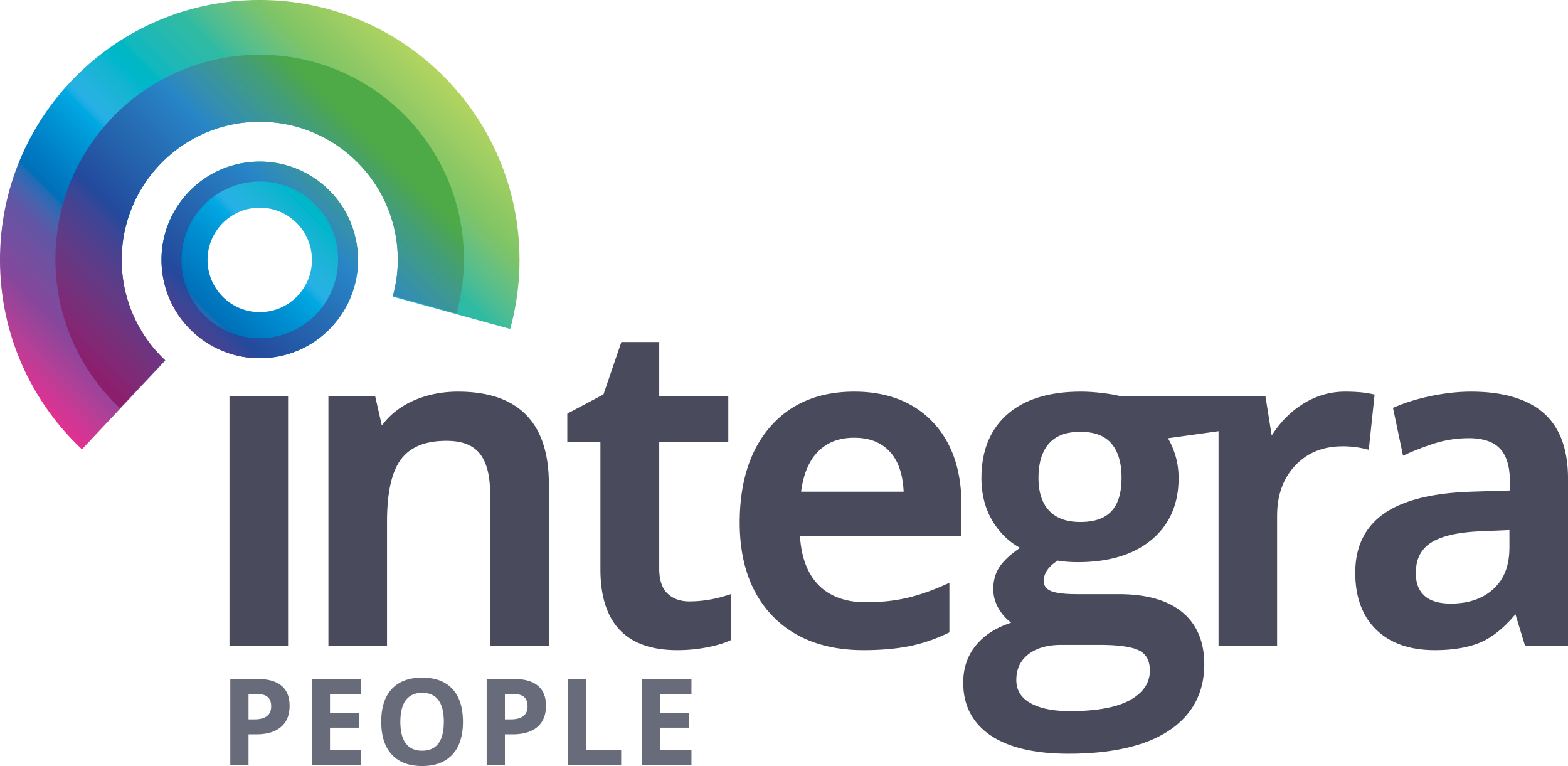Supply Teacher – When a permanent teacher is absent, or a temporary vacancy at a school becomes available, schools often require the services of supply teachers. Supply teachers are needed in primary, secondary, sixth form and further education institutions. Supply teachers have the same teaching responsibilities as permanent members of staff. They prepare lesson plans and teach pupils in accordance with the national curriculum. They’re also responsible for marking students’ work and providing them with necessary feedback, criticism, encouragement and support.
Nursery Assistant – A Nursery Assistant encourages children to develop social skills and discover more about the world through play. Nursery workers care for, educate and play with babies and young children, helping them to develop and learn. Duties include helping children to develop number and language skills through activities like counting games and storytelling, taking children out on outings, feeding and dressing babies, changing nappies and preparing bottles or baby food, assessing children and producing written reports, informing parents and carers about children’s progress, and following health and safety guidelines to ensure children are safe at all times.
Teaching Assistant – Teaching Assistants support teachers and help children develop in the classroom. Their responsibilities can include getting the classroom ready for lessons and clearing away afterwards, helping children who need extra support, helping teachers prepare materials, supervising group activities, helping teachers manage class behaviour, looking after children who are upset or unwell, listening to children read or reading to them, and supervising dining and play areas.
SEN Learning Support Assistant – A SEN Support teaching assistant supports teachers to help children with a wide range of learning, physical or behavioural difficulties. Duties typically include assessing learning needs, preparing materials and equipment under the supervision of the teacher, assessing and reporting on individual children’s work, advising pupils and parents/carers of their progress, assessing with the personal care needs of pupils, working inside or outside the classroom with individuals or groups, and organising activities, field trips or work experience.
Primary Teacher
Primary teachers teach pupils ranging from 5 to 11 years of age, teaching one class in all subjects. The responsibilities of a primary teacher are to plan lessons and prepare teaching aids and materials, mark homework and assessments, keep records, discuss children’s progress with parents and carers, attend meetings and training, organise outings such as social activities and sports events, provide a safe and healthy environment, and supervise dining and play areas.
Secondary Teacher
Secondary school teachers teach 11 to 16 year olds and usually teach one or two National Curriculum or vocational subjects to different classes. A large part of their job focuses on preparing pupils for external examinations. Secondary teachers duties include planning lessons and preparing materials, setting and marking coursework and exams, keeping records of pupils marks and progress, and discussing a child’s progress with them and their parents, writing formal reports, organising outings, sporting events and work experience, and maintaining order and discipline.
Training Manager – Training managers plan and design training programmes for employees to ensure that every member of staff has the necessary skills to carry out their job effectively, in small companies they may deliver the training. Other duties include planning strategies with managers, organising training programmes with external providers, managing budgets, assessing effectiveness and cost efficiency of training, monitoring industry trends, leading a team and writing reports.
NVQ Assessor – NVQ/SVQ assessors help and assess people who are working towards National Vocational Qualifications. Their duties include record candidates’ progress and sign off units as they are completed, give candidates detailed feedback after an assessment and provide any necessary support and advice, and keep detailed records of candidates’ progress and pass on relevant information to the NVQ/SVQ awarding bodies.
Exam Invigilator – Invigilators have a key role in upholding the integrity of the examination process. The role of the invigilator is to ensure that examinations are conducted in accordance with regulatory requirements, in order to: Ensure that all candidates have an equal opportunity to demonstrate their abilities.

